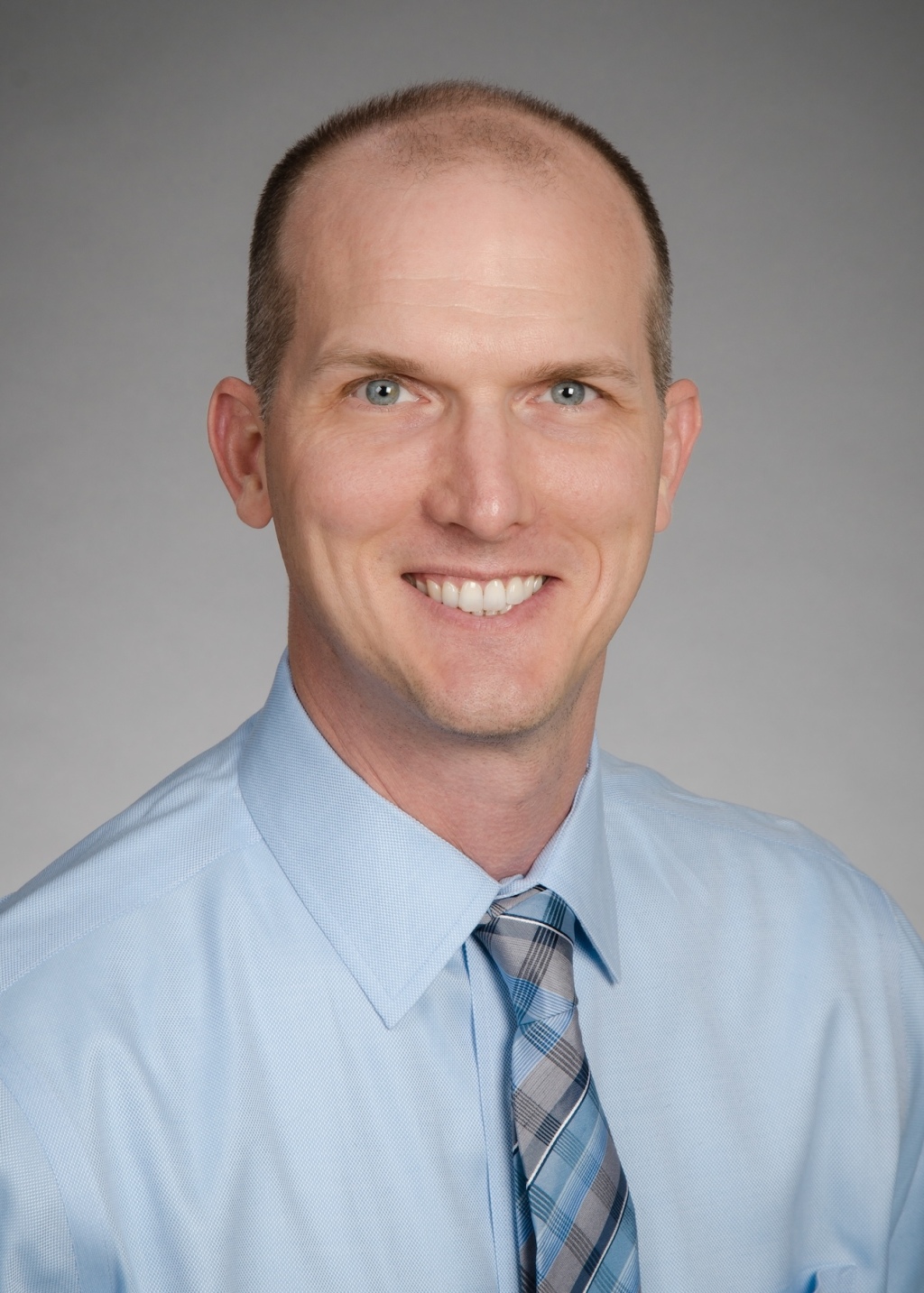I have spent ample time in communities most vulnerable to climate change – because they are the people already shouldering disproportionate burdens that impact wellbeing.

I have worked in underserved communities, both in the US and abroad for more than two decades, to improve education and access to high quality imaging. Often this means addressing the social determinants of health more than it does improving equipment. The factors that limit access to healthcare and upward economic mobility for these populations also limit their adaptation to the changing climate.
To me, climate change is the ultimate upstream determinant of health, and it will play an outsize role in the coming years. I’m incorporating climate action into the work I do abroad because we have to start building the future with the environmental, political, and socioeconomic variables we have now.

Healthcare can learn lessons from other areas and adopt a systems thinking approach for climate action. On a macro level, we tend to be linear thinkers. For instance, consider electric vehicles: while well-meaning advocates push for incentives to increase uptake, broader adoption will require access to extraordinary upstream raw materials. Systems thinking weighs the benefits and potential consequences of mass transition to electric vehicles. Systems thinking aims to maximize benefits while mitigating negative impact.
The healthcare industry will be more apt to act on climate change if we advocate with systems thinking. Let’s ask what are the impacts of climate change on the health of our patients – the very root of our mission – and how it impacts our ability to provide care, i.e. the bottom line. By looking upstream (costs) and downstream (our patients), we can see a fuller picture of the forces we’re up against.
In the Department of Radiology at Vanderbilt University Medical Center (VUMC), where I am the Vice chair of global health and sustainability, we established a climate action and sustainability program to seek opportunities to reduce costs, waste, and environmental footprint. We started with small projects, such as powering down monitors at night, switching from single use contrast vials to multi-use contrast vials for CT scans, and eliminating plastic water bottles. We also partnered with Philips to measure the carbon footprint of our department, become more efficient, and less wasteful.

Rather than entangling ourselves in the politics of climate change, we are laser-focused on efforts that are less wasteful, save money, improve patient access to imaging, and better steward our environment. We’re taking on projects that we can initiate, execute, and assess. We’re openly discussing projects, and inviting colleagues to join us.
Taking many small steps together, we can make big progress.
As an example, Radiology, with another partner WM, offered 7 mini-grants to faculty, staff and trainees across the enterprise to explore new ways of reducing waste.
Effective climate action takes many people working toward the same goal – and to that end, I’d love to have you join Radiology’s inaugural Climate Action and Sustainability Summit on Dec. 7, either in-person in Nashville or virtually, from 5:30pm to 7pm CT. The Summit is free to attend, and we are encouraging anyone interested to join us to hear speakers from VUMC, Vanderbilt University School of Nursing, and WM. We’ll also hear from the those receiving mini-grants from WM to support their projects.
120 years ago, we were using horses to travel to work, an abacus to calculate numbers, and ships to travel overseas. Look far we’ve progressed. Similarly, the human race can overcome our climate challenges if we look past our differences and work together.


Leave a comment